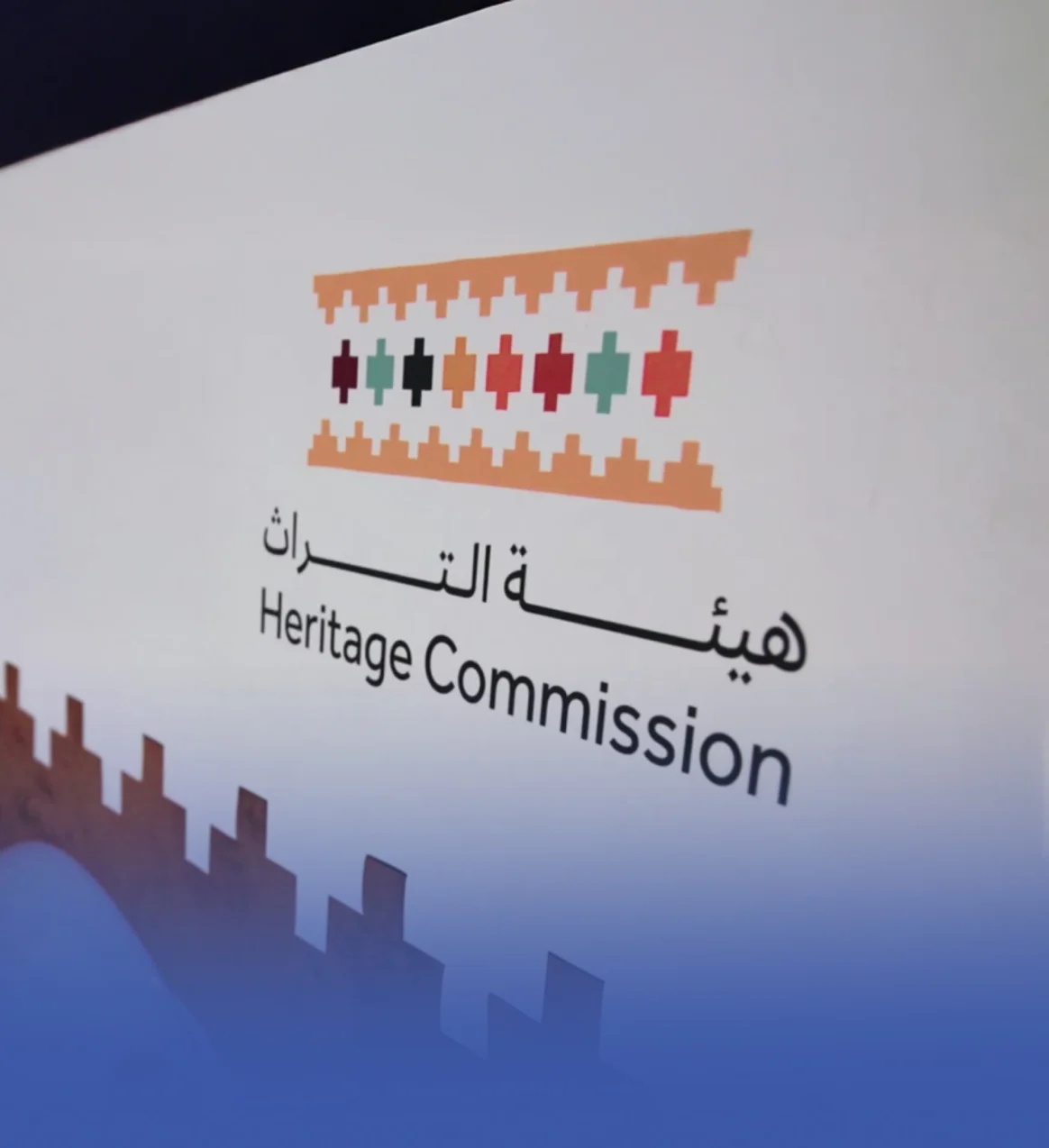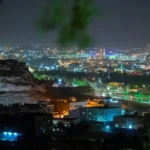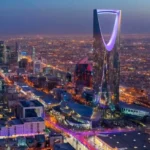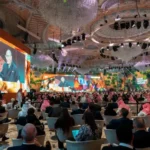The Heritage Authority announced today (Thursday) that it had detected 53 violations of antiquities and urban heritage regulations through social media during the past two months of March and April.
The authority stated that 11 violations were referred to the Public Prosecution, 35 violations to the General Security, and 7 violations to the committee responsible for reviewing violations and imposing fines as stipulated in the antiquities law.
It clarified that the violations were detected in the regions of Riyadh, Makkah, Madinah, Dammam, Tabuk, Qassim, Hail, the Northern Borders, and Al-Jouf.
The Heritage Authority emphasized the importance of cooperation in reporting any violations concerning the national heritage of the Kingdom.
Heritage Authority
The Heritage Authority is a governmental or organizational body responsible for preserving, protecting, and promoting cultural and historical heritage within a country or region. It often oversees archaeological sites, monuments, and traditions, ensuring their conservation for future generations. Many nations, such as Saudi Arabia (with its Saudi Heritage Commission), have established such authorities to safeguard their rich cultural legacies.
Public Prosecution
The Public Prosecution is a government institution responsible for representing the state in legal matters, particularly in criminal cases. Its origins trace back to early judicial systems, but modern prosecutorial offices evolved in the 19th and 20th centuries to ensure fair and impartial enforcement of laws. Today, it plays a key role in upholding justice by investigating crimes, charging offenders, and presenting cases in court.
General Security
“General Security” (Sûreté Générale in French) refers to a state security or intelligence agency, often associated with Lebanon’s historical security apparatus. Established during the French Mandate period (1920s), it was modeled after France’s security services and played a key role in intelligence and internal security. Today, Lebanon’s General Security Directorate oversees public security, immigration, and civil affairs, though its influence has evolved amid the country’s political changes.
Riyadh
Riyadh is the capital and largest city of Saudi Arabia, serving as the country’s political, financial, and cultural hub. Originally a walled desert settlement, it grew into a modern metropolis after becoming the capital of the Saudi state in the early 20th century under King Abdulaziz Al Saud. Today, it blends traditional heritage with contemporary development, featuring landmarks like the Masmak Fortress and the Kingdom Centre Tower.
Makkah
Mecca (Makkah) is the holiest city in Islam, located in Saudi Arabia. It is the birthplace of the Prophet Muhammad and the site of the Kaaba, the sacred cube-shaped structure at the center of the Masjid al-Haram, toward which Muslims worldwide pray. Mecca has been a spiritual center since ancient times and is the destination of the annual Hajj pilgrimage, one of the Five Pillars of Islam, which traces its origins to the Prophet Abraham (Ibrahim) and his son Ishmael (Isma’il).
Madinah
Madinah, also known as Medina, is a sacred city in Islam located in western Saudi Arabia. It is renowned as the burial place of the Prophet Muhammad and the site of the first Islamic community (Ummah) established after his migration (Hijrah) from Mecca in 622 CE. The city is home to the Prophet’s Mosque (Al-Masjid an-Nabawi), one of Islam’s holiest sites and a major pilgrimage destination.
Dammam
Dammam is a major city in Saudi Arabia and the capital of the Eastern Province, known for its strategic location on the Persian Gulf and its role as a hub for the country’s oil industry. Established in the 1920s after the discovery of oil, Dammam grew rapidly into a modern urban center, featuring key ports, business districts, and cultural sites like the King Fahd Park and the scenic Corniche. Today, it is a vital economic and cultural destination, blending traditional Saudi heritage with contemporary development.
Tabuk
Tabuk is a historic city in northwestern Saudi Arabia, known for its strategic location along ancient trade routes. It holds significant religious importance as the site where the Prophet Muhammad camped during the Battle of Tabuk in 630 CE. Today, the region features archaeological sites, such as the Tabuk Castle, and is a gateway to Saudi Arabia’s developing tourism destinations like the Red Sea coast.





